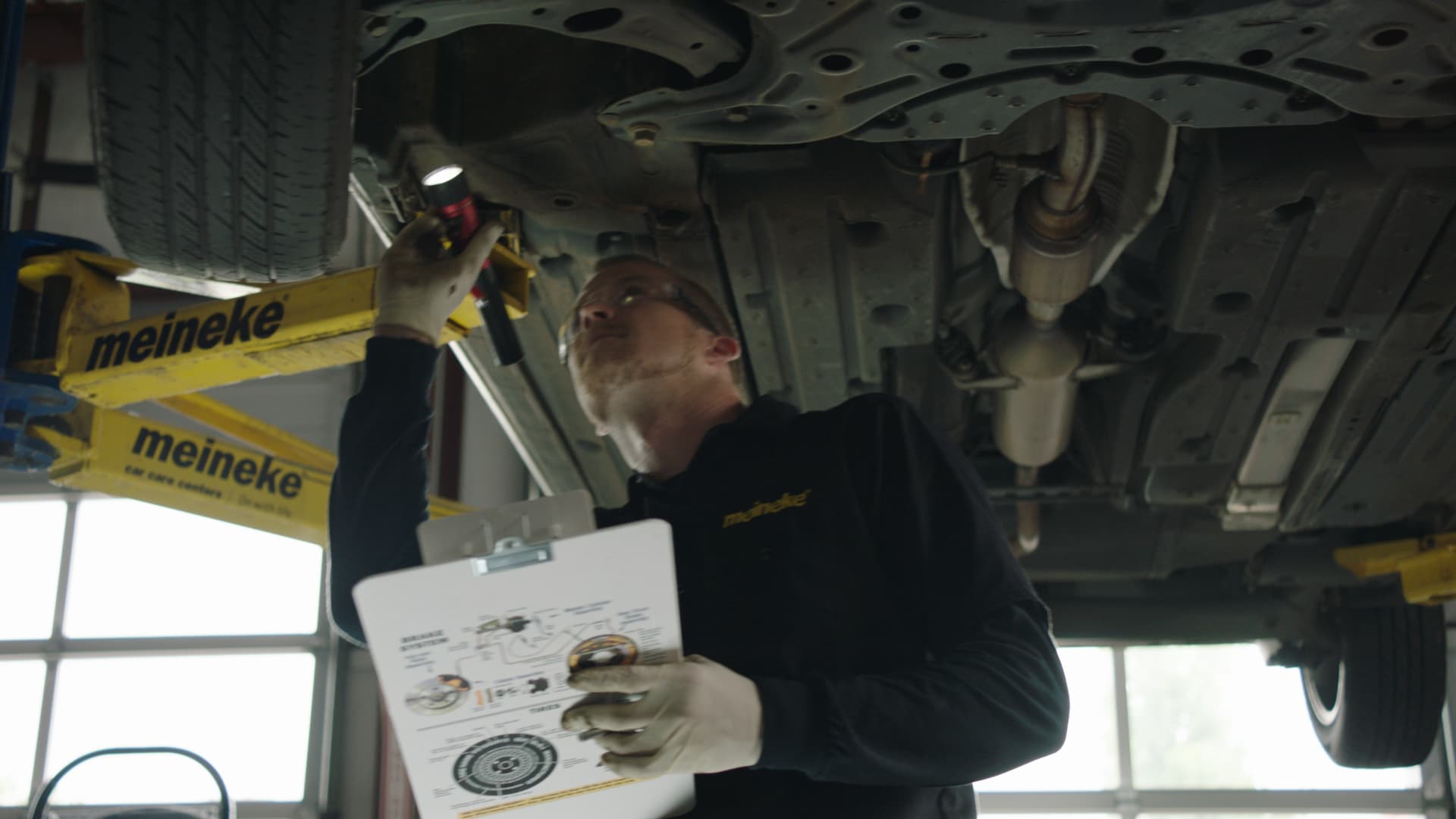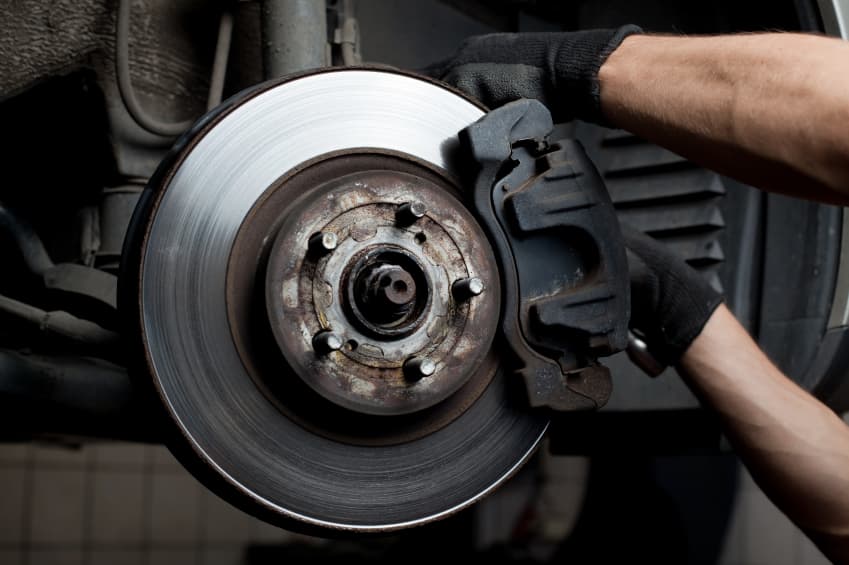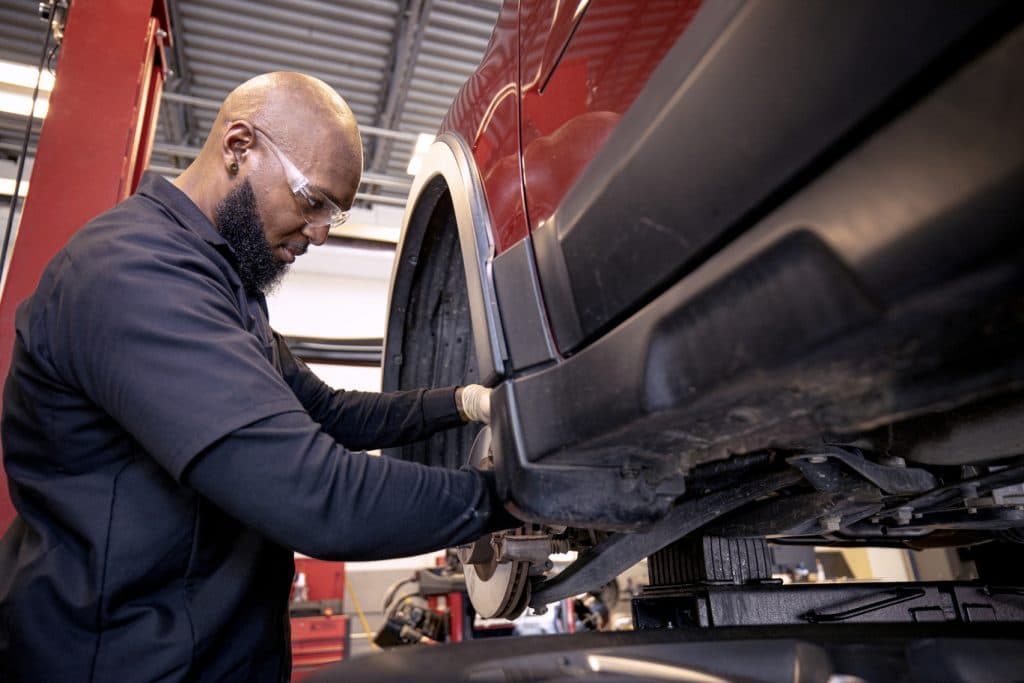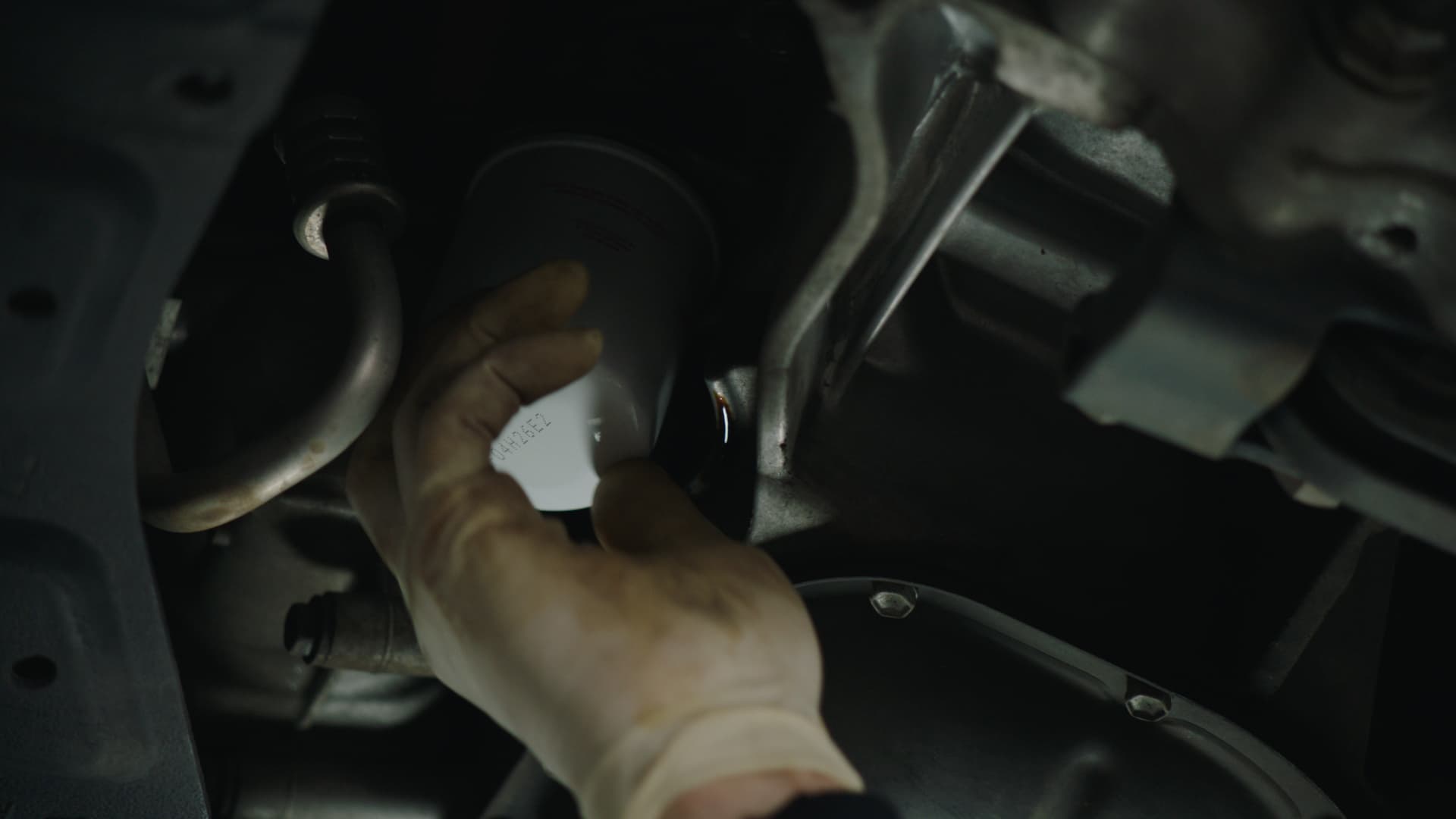
August 22, 2018
The Benefits of Anti-Lock Brakes (ABS)
Anti-lock brakes come standard in most modern vehicles—and not without reasons. Generally speaking, anti-lock brakes are quite advantageous. They provide the driver with more stability and prevent the car from spinning out of control, in particular on wet or slippery surfaces. As far as modern vehicle safety features go, anti-lock braking systems (ABS) are among the most essential.
With that said, there are a couple of potential drawbacks that it’s important to be aware of. In this post, we’ll catalog all the essential ABS benefits, but also make note of a few minor shortcomings.
The Benefits of ABS
The primary benefits of anti-lock brakes include:
Increased Stopping Power, Especially On Ice
ABS technology significantly lowers the risk of your wheels locking up and your vehicle skidding, especially in slippery conditions. It is no exaggeration to say that this can be life-saving, helping drivers to maintain control and to steer out of potentially dangerous scenarios.
Decreased Insurance Costs
Believe it or not, cars that have ABS technology can keep your auto insurance payments down—precisely because anti-lock brakes have proven, so many times, to lower the risk of accidents.
Enhanced Resale Value
ABS technology adds to the value of your vehicle. In fact, since it’s so standard-issue on today’s cars and trucks, not having ABS means your vehicle will sell for a lower price.
Improves Traction Control
Anti-lock braking systems share some of the same basic infrastructures as advanced traction control technology—which makes it easier for manufacturers to install traction control in the factory.
What About Disadvantages to ABS?
These advantages are significant and outweigh any drawbacks. With that said, there are a handful of drawbacks to be aware of:
Stop Time Inconsistency
Some drivers report that the time it takes their vehicle to arrive at a complete stop is somewhat inconsistent thanks to their ABS technology.
Problems In Snow Or Gravel
While anti-lock brakes improve safety and control on most road conditions, they actually make things a little more challenging when you’re driving through snow or across gravel.
Maintenance and Upkeep
There may be some minor upkeep involved with anti-lock brakes, including occasional sensor checks and potential sensor replacement. With that said, this maintenance is usually very minimal, unless you frequently drive through extreme weather conditions.
The Bottom Line About ABS
Again, this list of pros and cons is pretty clearly lopsided: For whatever minor drawbacks there are, the improvements to safety and control more than atone. That’s why the overwhelming majority of new cars and trucks have ABS as a standard feature, and most drivers take it for granted.
Just be sure that, if you do have ABS on your car, you take care of it. This really isn’t too challenging. Basically, you need to have your wheel sensors inspected on a regular basis. The trained professionals at Meineke can offer this service, and perform any needed repairs. To schedule your ABS service appointment, reach out to the team at your local Meineke today.



